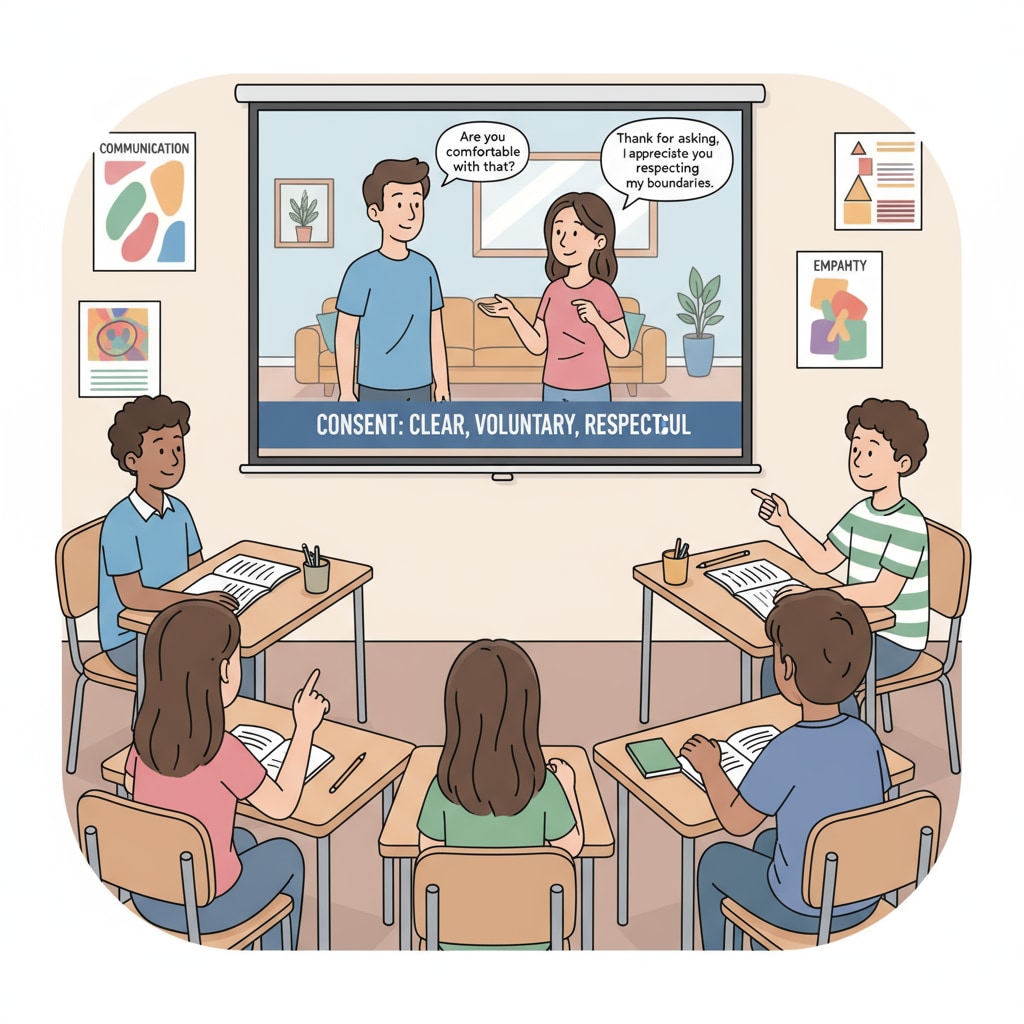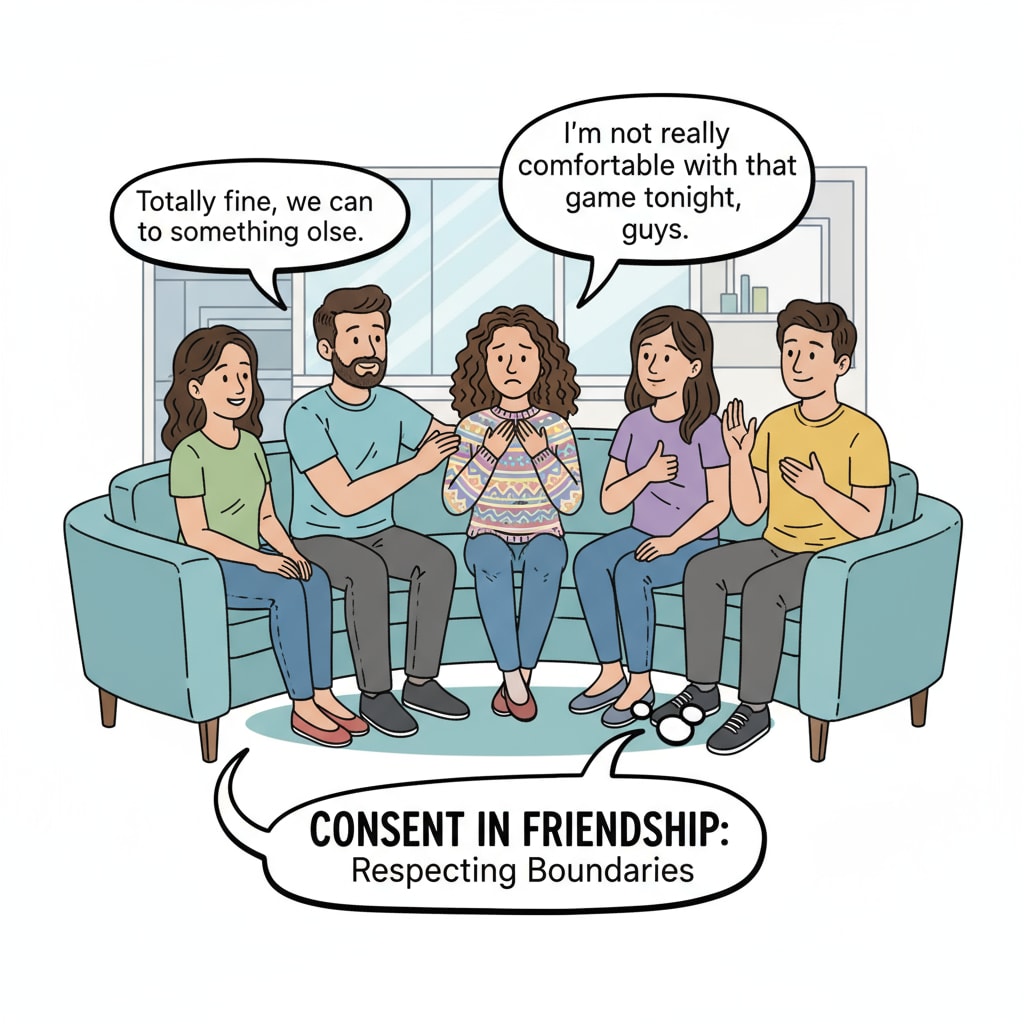In the realm of anti-bullying education, teaching resources related to the concept of consent play a pivotal role. In today’s society where school bullying is a prevalent issue, it’s essential to help teenagers understand and respect the concept of consent. This article will explore how carefully selected film and TV materials can be used to assist educators in guiding students aged 12 – 14 to recognize the significance of respecting others’ boundaries and cultivating healthy interpersonal interaction patterns, especially during educational events like the International Day of Zero Tolerance to School Bullying.

The Importance of Teaching Consent to Teens
Adolescence is a crucial stage for character development. Teaching the concept of consent to teens helps them build a foundation of respect for others. When they understand consent, they are more likely to treat their peers with kindness and consideration. For example, in a school setting, students who grasp the idea of consent will ask before borrowing someone else’s belongings, rather than just taking them. This simple act shows respect for the owner’s rights. Moreover, it also helps in preventing potential bullying situations. According to StopBullying.gov, many bullying incidents stem from a lack of understanding of personal boundaries, and teaching consent can address this root cause.
Selecting Appropriate Film and TV Materials
When choosing film and TV materials for teaching the concept of consent to teens, several factors need to be considered. The content should be age-appropriate for 12 – 14-year-olds. Look for stories that are relatable to their daily lives. For instance, a TV show episode that depicts a group of friends navigating a situation where one wants to share a secret but is hesitant. The others in the group need to respect their decision, which can be a great example of consent in a friendship context. Another aspect is the way the material presents the concept. It should be clear and easy to understand. Avoid complex or overly mature themes. Some animated films can also be excellent choices as they often use vivid imagery and simple storylines to convey important messages.

Using film and TV materials as teaching resources for the concept of consent in anti-bullying education is a powerful approach. By carefully selecting the right content, educators can effectively convey this important concept to teenagers, helping them grow into respectful and responsible individuals. As we continue to strive for a bullying-free school environment, the role of these teaching resources cannot be underestimated. We should make full use of such materials to empower the next generation with the knowledge and values needed to build harmonious relationships.
Readability guidance: Short paragraphs and lists are used to summarize key points. Each H2 section has a list or clear explanation. Passive voice and long sentences are kept to a minimum. Transition words are added throughout the text to enhance flow.


